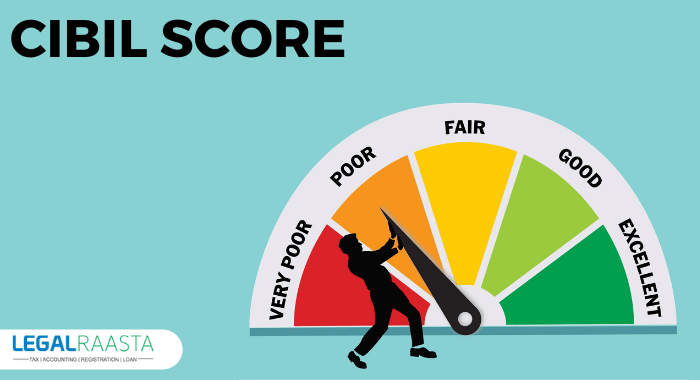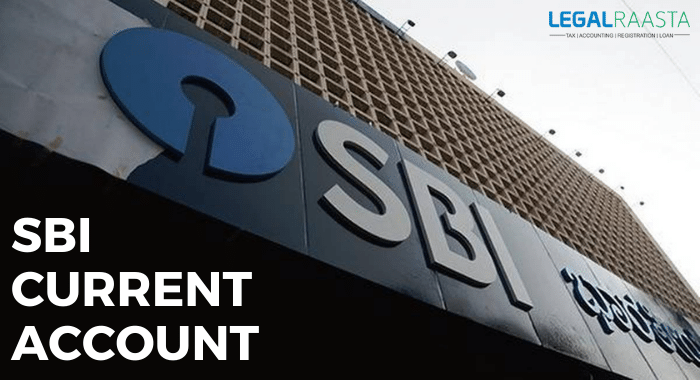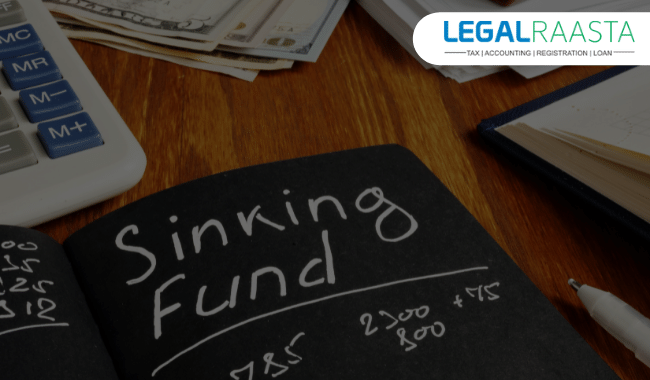Global Depository Receipt
Investors use capital markets such as ADR, GDR, and IDR to facilitate long-term debt instruments and generate capital. The most economical and well-known technique of raising funds from overseas capital markets is the issue of these receipts. It also allows foreign investors to make investments in domestic businesses.What is Depository Receipt?
When a foreign firm or an individual invests in domestic companies listed on the local stock exchange of that country's currency with the help of a domestic bank or depository, the receipt provided to that individual is known as a Depository Receipt. Let's look at an example to help us understand it better Any international investor invests in a domestic company such as Reliance Industries listed on the domestic stock exchange of our country (BSE/ NSE) in our country's currency, Rupees, through a Depository (SBI Bank) and the receipt issued is known as a Depository Receipt.What are ADR (American Depository Receipt) and IDR (Indian Depository Receipt)?
1. American Depository Receipt
ADR (American Depository Receipt) is a tradable financial instrument issued by a US bank that represents the securities of a foreign firm listed on the US stock exchange. Domestic investors invest in companies based outside of their native country, with dividends paid in US dollars to ADR holders.2. IDR (Indian Depository Receipt)
IDR (Indian Depository Receipt) is a negotiable financial instrument which is issued by the Indian bank representing the securities of a foreign company listed in the Indian stock market. Investors from the United States invest in companies based in India, where dividends are paid in Indian Rupees (INR) to IDR holders3. Global Depository Receipt (GDR)
A GDR (Global Depository Receipt) is a negotiable financial instrument issued by a foreign bank other than the United States that represents securities of a foreign firm listed on any stock exchange other than the United States. Domestic investors invest in enterprises based outside of their home country, with dividends paid in Euro or GBP to GDR holders.Characteristics of GDR (Global Depository Receipt)
1. Exchange-Traded
GDRs are exchange-traded assets in which an intermediary buys a large number of shares in a foreign firm and converts them into GDRs that may be traded on a local stock exchange. These GDRs are then traded on stock markets in countries other than the United States.2. Conversion Ratio is another feature of GDR
The number of shares a GDR can hold is referred to as the conversion ration. It often ranges from a fraction to a very large number. The range is flexible, despite the fact that one GDR certificate holds ten shares.3. Unsecured
GDRs are unsecured securities with no asset backing other than the value of the s held in the certificate.4. The Price Is Determined by the Underlying Factors
The price of a GDR is determined by the price of the share it owns, as well as the supply and demand for that GDR.5. The GDR can be exchanged for any foreign currency.
The issuer's fundamental shares must be denominated in the issuer's home currency, whereas GDRs are alway issued in foreign currency.6. Dividends and bonuses are available to the holder.
The holder of GDR shares is entitled to bonuses and dividends based on the value of the shares.Advantages of GDR to Issuing Company
- There is access to international capital markets.
- The issuing company's visibility has improved.
- Because of foreign investors, the capital of the issuing company has increased.
Advantages of GDR to Investor
- It provides more transparency since competitors’ securities can be compared.
- Then there's the capital gain tax.
Disadvantages of Global Depository Receipts
- Breaching any legislation can result in negative consequences for the company.
- Dividends in the GDR are paid in the domestic country's agency, which is susceptible to Forex market volatility.
- GDR is a costly source of funding for any company;
- It is advantageous to investors who have the financial means to invest a large sum in GDR.
Procedure for Issuing GDR in a Company
1. Approvals
The Board of Directors, Shareholders, Regulatory Authorities, and Financial Institutions must all approve the issuance of GDRs before they can be issued.2. Intermediaries are appointed
During the construction of the company's GDR, intermediates such as the Lead Manager, Co-Manager, Overseas Depository Banks, Legal Advisors, Auditors, and Underwriters are appointed as Intermediaries after the approval.3. Documentation
Subscription agreements, depository agreements, and trust deeds are among the principal documents created.4. Both before and after the launch
Additional critical tasks, such as timing, pricing the issue, and closing the issue, are completed at the conclusion.Conclusion
Any foreign individual or company can use Depository Receipts to enter and tap different markets in order to generate cash and create a trading presence in overseas markets. Every country in the world wishes to expand its business and have a presence in the global market. A Global Depository Receipt is a type of receipt that allows any corporation to issue shares on a stock market outside of the United States.Also read Balance of Payment Cost Inflation Index










